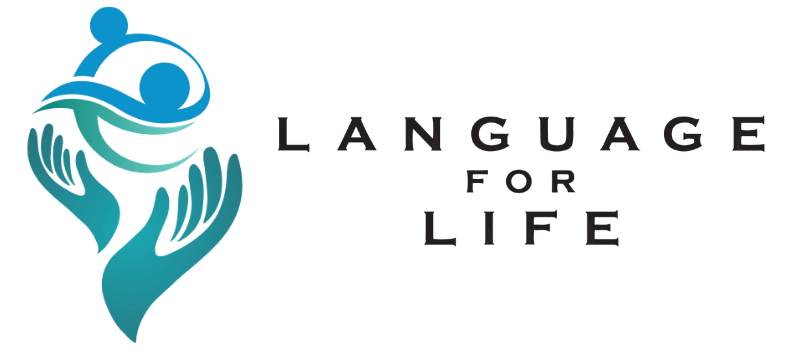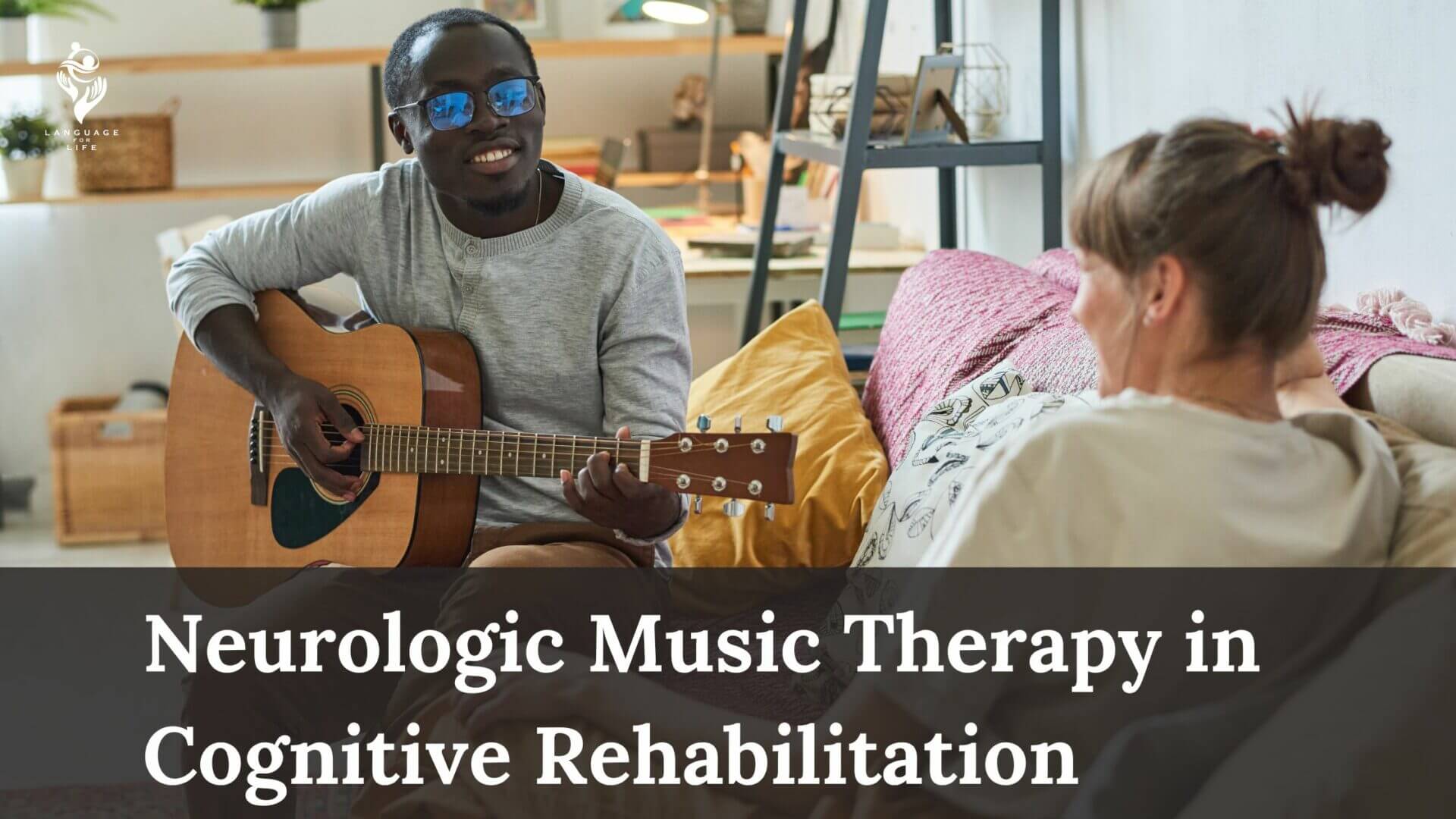Imagine a therapy where the elements of rhythm, melody, and harmony can do more than just entertain; it can heal, strengthen, and rebuild the brain. Neurologic music therapy (NMT) uses music to aid recovery from brain injuries and neurological diseases. Let’s dive into how this therapy works, its benefits, and how it’s helping people recover in many ways.
What is Neurologic Music Therapy?
Neurologic music therapy is a specialised kind of therapy that applies the science of neuroscience to the use of music in addressing specific areas of cognition, sensations, and motor control. While general music therapy enhances emotional and social health, Neurologic music therapy (NMT) goes much deeper to use music as a tool to activate neural pathways involved in cognitive functions such as attention, memory, and problem-solving.
Why Music?
Music has a distinctive way of interacting with the brain, making many parts of it active, such as the ones in charge of movements, language, feelings, and even recalling past events. Listening to a beat, for instance, stimulates the area of the brain responsible for actions, which makes music an effective treatment for brain and motor rehabilitation.
How Does Neurologic Music Therapy Aid in Cognitive Rehabilitation?
Different techniques can also be used to restore cognitive functions, and these fall within the realm of neurologic music therapy. Let us explore some of the most effective techniques:
1. Rhythmic Auditory Stimulation (RAS)
RAS helps people with motor problems. When people recovering from conditions like stroke or Parkinson’s disease walk to the beat of a rhythm, they can boost their walking pattern and how well they coordinate their movements.
2. Melodic Intonation Therapy (MIT)
MIT transforms words into songs to help people with speech problems. Stroke survivors often develop aphasia, making it hard to talk but not to sing. MIT takes advantage of this, allowing patients to regain their speech by tapping into the musical parts of their brains.
3. Musical Attention Control Training (MACT)
This method aims to improve attention, which helps people with brain injuries. Therapists ask patients to switch their focus between different parts of music (such as from rhythm to melody). This practice strengthens various types of attention: sustained, selective, and divided. MACT has a positive impact on a person’s ability to concentrate and multitask.
4. Musical Mnemonics Training (MMT)
Do you recall some facts or phone numbers through a song you might have listened to? MMT is the aid to memory call that uses melodies and rhythms; it is considered an important source for individuals suffering from memory issues, mostly individuals with Alzheimer’s or dementia.
Benefits of Neurologic Music Therapy for Cognitive Rehabilitation
1. Enhances Concentration and Attention
As music has a rhythm, it gets attention naturally, enabling people with attention deficits to improve focus more enjoyably and effectively.
2. Supports Memory Recall
It is a well-known fact that music has a powerful effect on memory. Using methods such as MMT, neurologic music therapy is utilised to help bring back memories, regain independence, or have an overall better quality of life.
3. Improves overall well-being
Emotional challenges of recovery from brain injury or neurological disorder. It can improve mood, reduce anxiety, and provide a sense of connection with the therapist, and, as a result, NMT can make therapy more enjoyable.
4. Restores Motor Function
NMT allows individuals to regain motor control, balance, and strength (important to daily living) through training them to move to music.
5. Engaging and Motivating
While traditional rehab can get monotonous, therapy through music provides a different, creative way to engage. If they like doing the process, patients really feel even more encouraged, and as a result, this brings about some actually superb outcomes.
The Future of Neurologic Music Therapy: A Harmonious Path Ahead
The capacity for neurologic music therapy is only growing as we better understand the relationship between the brain and music. Music therapists are actively involved in ongoing studies investigating alternative methods and applications of NMT in neurorehabilitation that target chronic pain and cognitive decline linked to ageing.
Tune into the Healing Power of Music
Neurologic music therapy is considered a therapy between art and science; healing and transformation are the main sources of elements that spark creativity. The power of music is beyond question as it helps an individual to regain speech, improves balance, or make an individual smile again. For those seeking for cognitive rehabilitation, NMT offers a beautiful, uplifting melody of hope and resilience.

